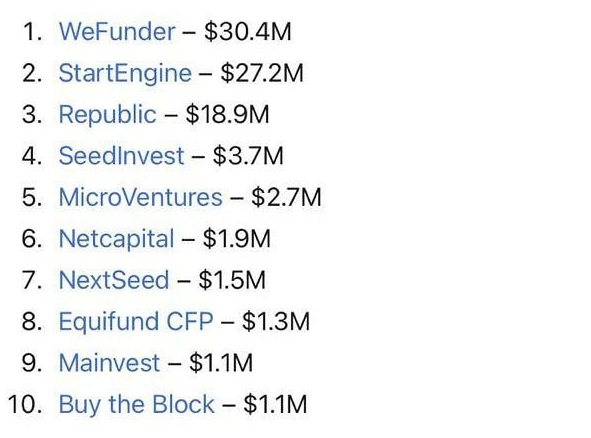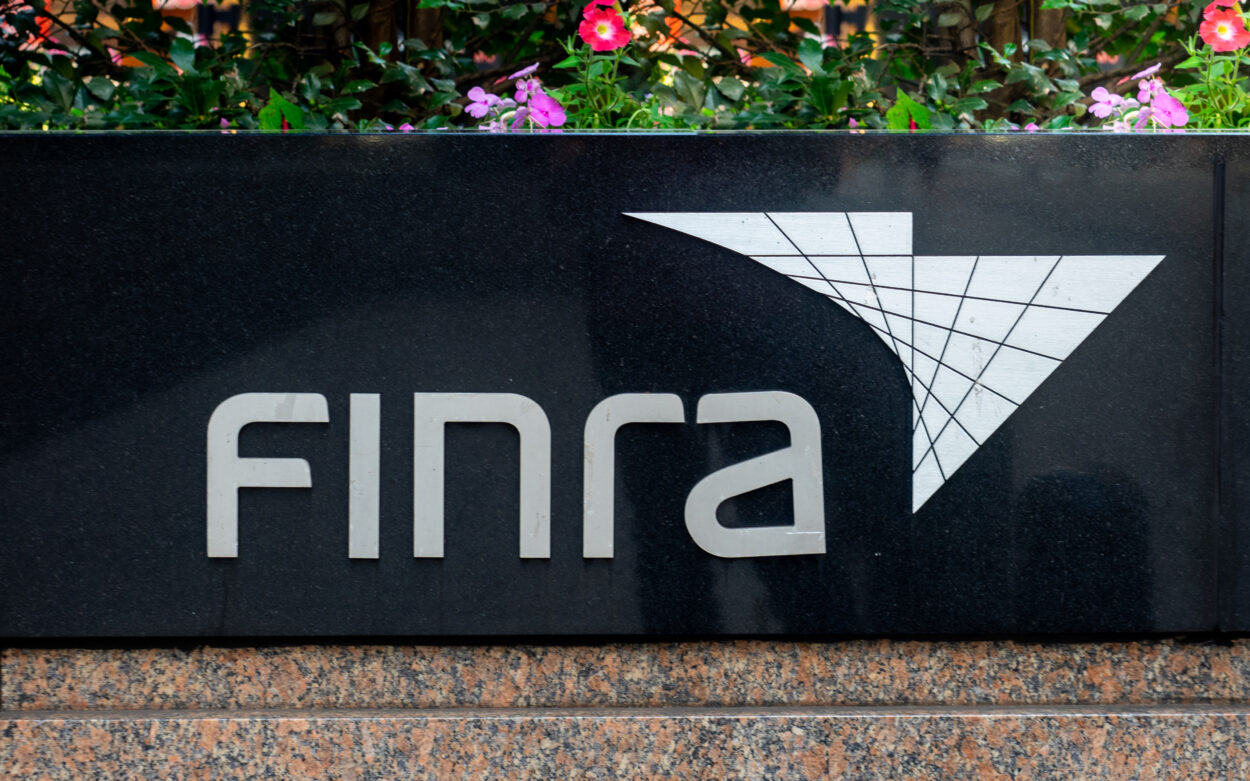
More than two years ago I published an article about a real estate scam that had been funded on a crowdfunding platform called Crowdstreet Capital. CrowdStreet had raised $58 million from investors for two real estate funds sponsored by a real estate firm in New York City called MG Capital.
Much of what MG told the public in order to induce them to invest was untrue. I wrote that article soon after the SEC brought an enforcement action against the principal at MG Capital, pointing out some of the false and misleading statements.
The MG Capital Scandal
MG had claimed to have raised over $1 billion in two earlier funds but neither of those funds actually existed. CrowdStreet claimed to evaluate to track record of each sponsor. Had they done so with MG Capital, Crowdstreet would have known MG was lying because non-existent funds have no track record.
MG also claimed that investors would be “100% protected from loss”. I pointed out that this statement was a red flag for any capable due diligence officer. Crowdstreet’s compliance officer apparently had no issue with it.
New Management- same problems
Crowdstreet Capital is a registered broker/dealer and member of FINRA. It is required by FINRA to verify the claims made by the companies they are funding. Crowdstreet’s handling of the MG Capital offering was a compliance disaster.
At the time I wrote that article Crowdstreet Capital was recruiting candidates to be its new President and Chief Compliance Officer. With a new management team coming on, I thought that Crowdstreet might get its act together. If it didn’t I suggested that CrowdStreet might turn out to be a huge, multi-year, multi-million dollar scandal.
I recently got my answer and it isn’t the one I would have hoped for.
Compliance issues persist
Under its new management Crowdstreet Capital raised about $63 million for another real estate syndicator called Nightingale. Crowdstreet raised more than $54 million from over 650 investors for a Nightingale sponsored purchase of the Atlanta Financial Center office complex and raised $9 million from 167 investors tied to an eight-story office building project that Nightingale sponsored in Miami Beach. Both deals have yet to close.
The two entities created to fund the purchase of these properties are in bankruptcy. These were the companies which the investors intended would buy the two properties. None of those funds reached either entity. Crowdstreet sent the funds, $63 million, to Nightingale and it appears that Nightingale just stole the investors’ money.
The investors’ funds were stolen because good compliance and industry accepted procedures still eludes the new management at Crowdstreet. For some reason Crowdstreet released the funds that investors had put up to Nightingale and got nothing in return.
There can be no dispute that Crowdstreet should not have released the investors’ funds to Nightingale. Either Crowdstreet was remarkably reckless with the investors’ funds or Crowdstreet was in on the scam. I will reserve judgment until the bankruptcy progresses.
Proper procedure would have saved investors
I have personally helped clients syndicate hundreds of properties around the US and in several foreign countries. The procedure is almost always the same regardless of which broker/dealer is syndicating the property. .
Investors’ funds are held in a segregated account as they are being raised. Once the full amount of the offering is raised the funds are transferred to an escrow account. The seller provides the escrow agent with documents to transfer the title to the purchasing entity. The contingencies are satisfied and adjustments are made, the mortgage company notified and a closing scheduled.
At the closing, and not before, after the title transfer documents are executed and the mortgage lien perfected, does the seller get the purchasers’ money. Apparently, no closing took place. Investors’ funds were just sent to Nightingale.
I suspect that transferring the investors’ funds out of Crowdstreet required the signature or approval of someone in authority. For a small broker/dealer like Crowwdstreet, I think it fair to assume that either the President or Chief Compliance Officer was aware of the transfer and approved of it.
Crowdstreet’s Liability
The investors’ representative charged with investigating this scam has said that the funds were “misappropriated” after they were transferred to Nightingale. I think the misappropriation took place when the funds were transferred to Nightingale by Crowdstreet.
If Nightingale did, in fact, misappropriate the investors’ funds they will certainly be seen as the culprit here. If Crowdstreet had been operated correctly, Nightingale would never have had the investors’ funds in the first place.
The Impact of Crowdstreet on the Crowdfunding Industry
Between MG Capital and Nightingale more than $120 million in investors’ funds were washed down the toilet in these four real estate offerings hosted on Crowdstreet. This is grossly unacceptable.
It is not like the financial markets are devoid of thieves and scoundrels. Compliance officers are expected to be vigilante and skeptical. In the case of the compliance officers(s) at Crowdstreet, it seems more to me like he/she does not realize that Crowdstreet was the patsy at the poker table.
There are really three losers in situations like this.
The investors, who are out of pocket that $120 million, will take the brunt of the financial loss. FINRA does have a robust arbitration program where investors might make a legitimate claim against Crowdstreet and its personnel. I have considerable experience in those arbitration forums and would be happy to educate any investor who lost money or assist their counsel.
There have been similar scams at the big wire houses. Prudential paid out over $1 billion to investors in the early 1990s because a series of real estate programs that it sponsored had some questionable disclosures. If the facts prove that Crowdstreet failed to protect its investors from Nightingale, some investors who file arbitration claims will get their money back.
Crowdstreet certainly took a loss to its reputation with two scandals in two years. Real estate investments are not hard to find. Some investors will certainly go elsewhere rather than risk a third strike at Crowdstreet.
The crowdfunding industry as a whole also takes a hit to its reputation when the platforms allow issuers to lie to the investors and get caught. It is hard enough for the industry to attract investors when they can invest at similar real estate offerings through the large, national stock brokerage firms.
The crowdfunding industry will never reach its full potential if it keeps giving investors its middle finger.
If you’d like to discuss this article or anything related, then please contact me directly HERE
Or you can book a time to talk with me HERE







